May 27, 2025 | 00:58 GMT +7
May 27, 2025 | 00:58 GMT +7
Hotline: 0913.378.918
May 27, 2025 | 00:58 GMT +7
Hotline: 0913.378.918
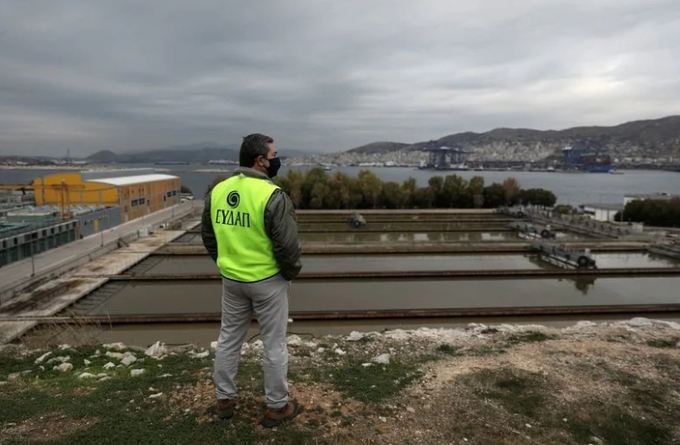
An employee gathers sewage samples at a wastewater treatment plant on the island of Psyttalia.
Google, H&M, Stripe and other members of the climate-focused Frontier coalition will buy $80 million of carbon credits from a firm using oil industry technology to capture paper mill emissions and another using rocks to do the same at sewage plants.
While U.S. President-elect Donald Trump is expected to withdraw from a deal to cap global warming and cut support for carbon capture, companies in sectors including tech and finance continue to back efforts to remove carbon from the atmosphere.
Unlike efforts to use natural solutions to lock climate-damaging emissions, for example by planting trees, many tech-heavy fixes are still at an early stage and nowhere near sucking up the billions of tons a year needed.
To help bring the cost of the technologies down, Frontier agrees to buy credits from firms with technologies it believes can eventually see the cost drop to $100 a ton or less.
In the latest deals, Frontier said on Tuesday buyers had agreed to pay $48 million, or $214 a metric ton, for credits representing 224,500 metric tons of emissions between 2028 and 2030 from project developer CO280; and $32.1 million, or $447 a ton, for 71,878 tons from New Haven, Connecticut startup CREW.
CO280 is bolting carbon capture and storage (CCS) technology owned by oil field services company SLB onto the smokestack at a paper mill, sucking up carbon initially captured by the trees used to make the paper.
CREW, meanwhile, adds carbon-attracting limestone to water at municipal waste plants, testing CO2 levels going in and out of treatment to calculate how much was captured.
It's a version of a much-discussed process to capitalize on some rocks' natural tendency to capture CO2.
Hannah Bebbington, head of deployment at Frontier, said the two purchases reflected efforts to retrofit older industries with newer carbon technology.
"We are really excited about the possibility for large industrial players to integrate carbon removal technologies and start to deliver carbon removal cheaply and at scale," she said.
(Reuters)
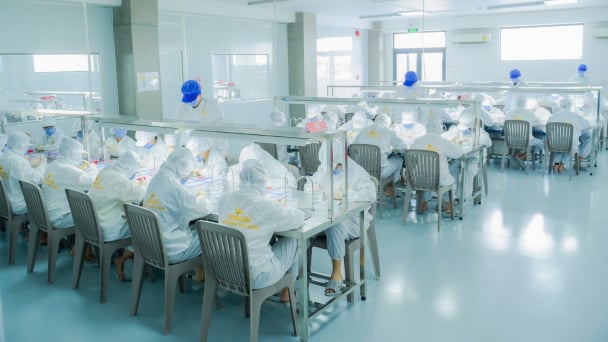
(VAN) Amidst the current intense competition, businesses must establish sustainable linkages, prioritize technological investments, build brand identity, and obtain international certifications.
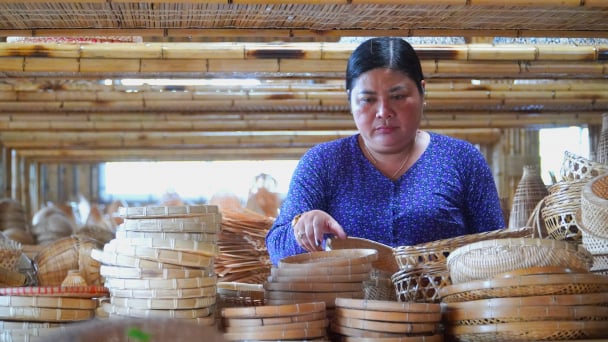
(VAN) As director of the Thuy Tuyet Bamboo and Rattan Handicraft Cooperative in Soc Trang, she has revitalized a traditional craft, generating sustainable livelihoods for hundreds of workers - particularly from the Khmer ethnic minority.
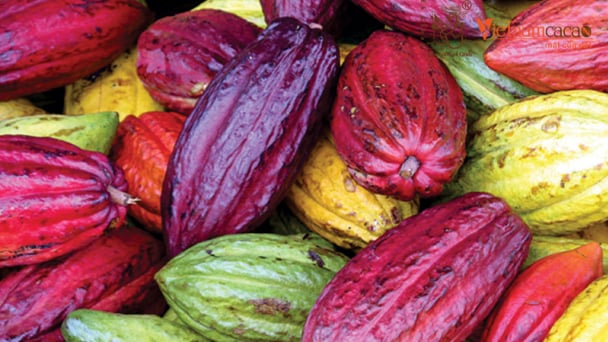
(VAN) Vietnam has been classified as a ‘low-risk’ country for deforestation under EUDR, granting local producers a strategic edge in sustainable market development.
/2025/05/19/2617-14-211139_18.jpg)
(VAN) Vietnamese bird's nest enterprises are eager to access the promising Chinese market; however, only those with thorough preparation, truthfulness, strict regulatory compliance, and consistent product quality will be positioned for success.
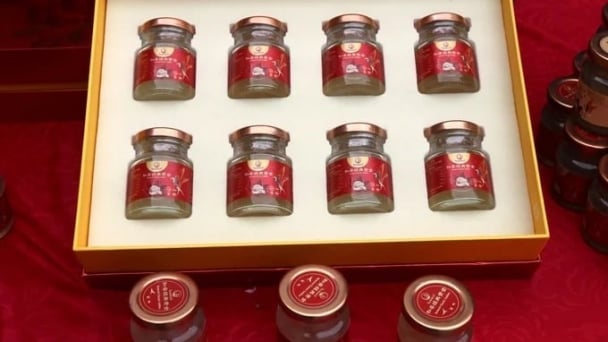
(VAN) For Vietnamese bird's nest products to penetrate deeply and sustainably into the Chinese market, it requires not only product quality but also strict compliance with the regulations on quarantine, traceability, and food safety.
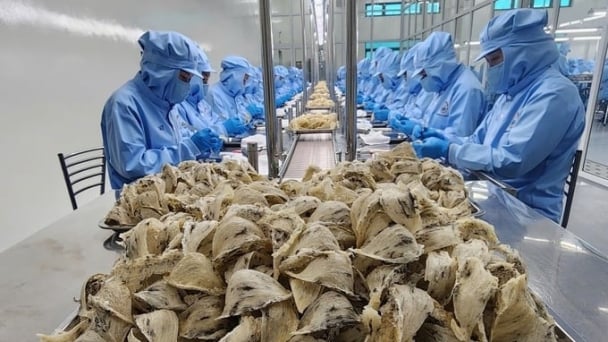
(VAN) As one of Vietnam's most high-value products, bird's nest is asserting its position on the national agricultural export map. China, with an annual demand of hundreds of tons, is considered the most promising market.
/2025/05/22/5250-1-184853_288.jpg)
(VAN) According to a representative from the Central Retail Vietnam, Vietnamese products such as seafood, sweet potatoes, dragon fruit, coffee, and spices hold great potential in the Thai market.